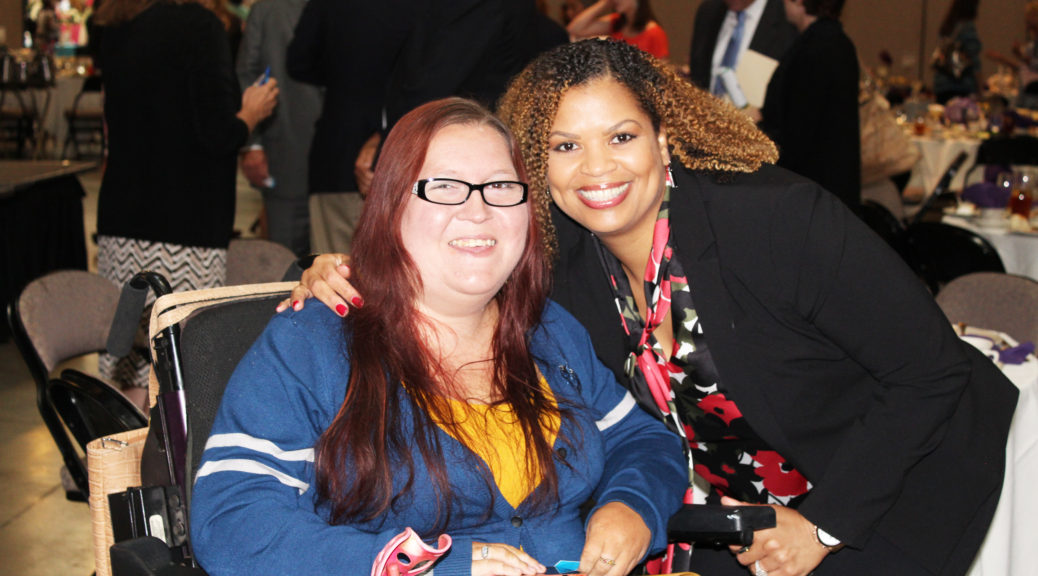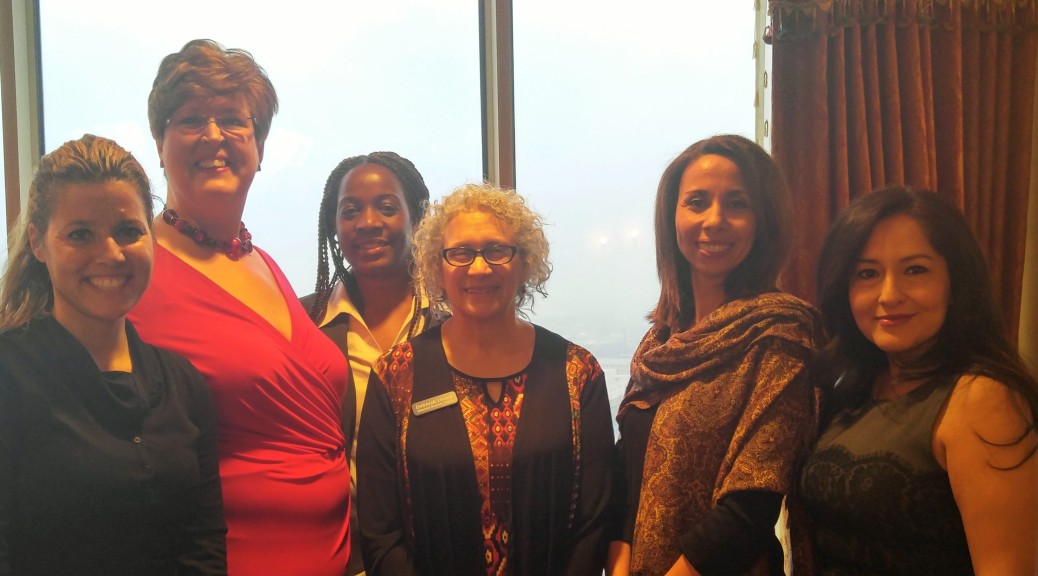(To Hillary) “Excuse me, I’m talking!” ” I’m not finished; don’t interrupt me!” – Bernie Sanders, Democratic Debate
I glared in awe at the TV screen during the recent Republican and Democrat presidential debates while trying my best to keep tabs on the number of times the debaters interrupted each other. With Republican one, I simply lost account. Insults clearly spearheaded every interruption as the four men duked it out with each other on a variety of issues, including one candidate’s “hand size.”
Research has it that men tend to interrupt women more than women interrupt men. That was my reference point a week later when a woman and a man, Hillary and Bernie, took the debate stage. I was curious as to how the interruption dynamic would manifest itself across gender lines. Not sure if there’s a gender message here – is it? – but Sanders seemed to be the most irritated by being interrupted.
Interruptions! Arguably one of the most despised words in communications. Can I get a shout from those of you out there who actually like being interrupted? Okay then, how about one from those of you who suffer from occasional bouts of interruptionitis? I-CAN’T-HEAR-YOU!
Here’s the point: Folks just don’t like being interrupted. Some consider it disrespectful and others downright rude. Here’s the problem: Many who resent being interrupted – unless they’re on stage during a Democratic or Republican debate – just won’t say anything. Instead, they’re more apt to seethe in silence and, over time, build up an antipathy for the interrupter. There’s little solace in these realities.
Now to be clear, not all interruptions are necessarily bad. “Hey, great idea,” “I agree,” or “uh-huh,” can be viewed as affirming and supportive. But the problem with interruptions, the dismissive ones in particular, is that they keep you from finishing your thoughts which frustrate you.
The fact is, sometimes people need to be told to put a lid on it. (I can see you nodding out there). We all know the affable long-winded types. They just seem to love to hear themselves talk and will ramble on and on, seemingly unable to know when it’s time to pipe down. They are prime candidates for interruptions, respectful ones, I must add. Of course, people who are verbally abusive – your garden-variety screamers and cussers – should be interrupted. I doubt if anyone will take issue with that.
I’m not talking about the occasional ‘cutoff’ that, at worst, is mildly annoying. We’ve all encountered people who do that, and we have done it ourselves. Nor am I talking about those “affirming interruptions.” In fact, a dearth of affirming interruptions may have the opposite micro effect – the speaker losing confidence and focus.
Professional interrupters
Let’s now peer into the complex mind of professional interrupters, the ones who make a career of butting in. Their verbal blasts can spring up in meetings, during one-on-one conversations, at home over dinner … from anywhere. Their “interruption guns” are always cocked, ready to fire. Existing conversations, “slow talkers” and mid-sentences are where they take aim. And if you pause, even for a split second, they’ll pounce and inject themselves into the conversation.
Now the irony is that most professional interrupters don’t like being interrupted. Ever notice that? They seem to have a monopoly on interrupting; it’s their province. And if you dare to interrupt them … touché … they will just turn around and interrupt you right back. Their blind obsession with getting in a word, the last word in particular, is a sight to behold.
To wit, observe two interrupters going toe to toe. What an exhibition. The scene conjures up images of two prize fighters bobbing and weaving; sweat and spit flying everywhere, each looking for an opening to deliver the verbal knockout punch while everyone else sits transfixed on the sideline warily eyeballing the two combatants. You can often hear interrupters breathing heavily, panting, and waiting for a chance to barge in. They’re usually poor listeners. Just ask them to play back what was being discussed before they butted in and they’re hard-pressed to tell you.
So why do we interrupt?
The answer isn’t that easy. But as a “recovering interrupter,” I can tell you that we think differently; thoughts race through our minds at breakneck speeds. “Mental multitasking,” is as good as any description of what’s going on in our heads. The long winded talker and the ones who take an enormous amount of time getting to the point, drive us bonkers. And yes, some of us probably suffer from attention deficit disorder.
Now from a recovering interrupter’s perspective, I can also tell you first-hand about the adrenaline rush, the anxious moment, and the fear that we may somehow miss the moment if we don’t quickly interject. We’ll wave our hands, lurk in the background if the person’s on the phone; clear our throats, manufacture a cough – anything to let you know of our growing anxiety. Hovering is our calling card. We’ll interrupt and bring the already discussed issue up if it suddenly dawns on us that we missed an opportunity to make our point earlier.
Interrupting interrupters
Of course, it’s easy for any of us to slip into the habit of interrupting. It is such an ingrained habit in some that they don’t even know that they’re doing it. Thus it’s important to start with knowing that your local interrupter may be completely unaware of the behavior. So a firm, “Excuse me, Terry, but I wasn’t finished yet,” may be all that it takes to put me on mute. Now if that doesn’t work, get LOUDER. Talk over my interruptions. Stare me down with a frown. “I’m not quite done yet,” “Terry, I’ll be with you in a moment. I’ll continue now without interruption,” are effective ways to interrupt the interrupter.
And be patient. Interrupters may not hear you the first few times. Become a broken record if need be. Avoid eye contact with the verbal invader since eye contact provides them an opening. Getting to your point quickly will leave little room for interruptions. If you’re an observer of someone being interrupted, chime in with, “Wait, excuse me, Terry, but I’m interested in hearing the rest of Tim’s thoughts.”
As for the interrupters out there: Put a lid on it. If you’re not part of a conversation, resist barging in unless invited. Calm down. Pinch yourself. Take your medication. Simmer down and let them finish. Wait your turn. This isn’t a footrace.
Plus, understand that in some cultures “turn taking” and “thoughtful pauses” are the preferred protocol, so if you interrupt you could offend. And understand that interrupting “slow talkers” could also offend.
In the end when you see verbal cannons like me heading your way, get busy, lock your door, get on the phone, develop bad breath, anything that’ll ward me off.
Pretty soon, duh, I’ll get the message.



